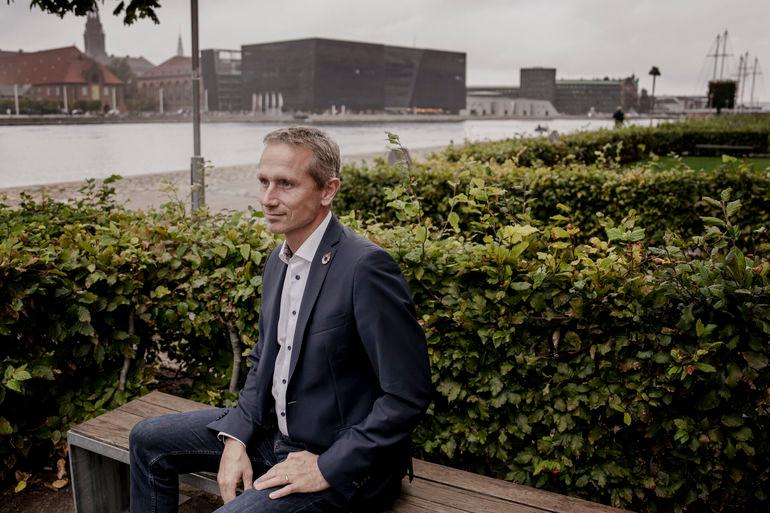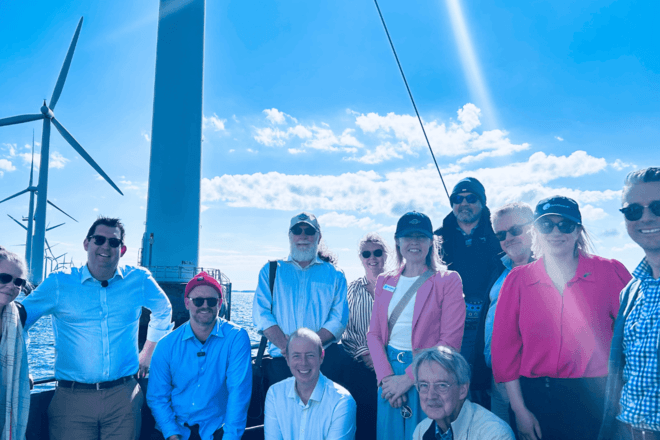
On Tuesday, the government presented its 2030 plan "DK2030 - Denmark prepared for the future", which contains different guidelines for the policy that it wants implemented towards 2030. One of the things that the government points out in the 2030 plan is that it will for Denmark's international climate action.
This is pleasing to the business organization Green Power Denmark, which states in a press release that it has long called for Denmark to raise its sights instead of focusing narrowly on our own 70 percent climate target.
- If we are to speed up the green transition and make serious efforts for the climate, we have to look beyond our own borders. A good example is the production of green fuels through Power-to-X. We have the opportunity to supply the fuels to the rest of Europe, but that requires us not only to focus on meeting our national climate goals, says Kristian Jensen, CEO of Green Power Denmark.
The government sets aside an additional reserve of DKK 4.25 billion for green transition and welfare. Furthermore, the government also promises that it will make an effort to ensure that there is enough skilled labor to carry out the green transition, this too to the praise of Green Power Denmark.
- About 45,000 additional employees will be needed to implement the green transition. A significant part will be skilled workers. It is absolutely crucial that we solve that challenge, says Kristian Jensen.
Disappointed by continued high electricity tax
Green Power Denmark also notes that it is positive that the government's proposal also has an ambition to ensure that there is a reasonable balance between the environment, biodiversity and the other interests in society - for example the possibility of setting up solar cells and wind turbines.
- Our ambition is for nature, wind turbines and solar cells to work together, but this requires a will to find solutions from all sides, says Kristian Jensen.
For the business organisation, however, there is a big problem in the government's 2030 plan. For a long time, people have pleaded for the abolition of the electricity tax, but no place has been found for such a phasing out in the tax plan or the 2030 plan.
- We have the highest electricity tax in Europe. It is a huge paradox, since we want to use more green electricity and less fossil energy. If we remove the electricity tax, consumers will have more money in their hands, and it will be easier for us to carry out the green transition, says Kristian Jensen.
Green Power Denmark has proposed that the politicians ease the electricity tax gradually towards 2030. A relief of 10 øre in 2024 will provide an annual saving for an average household of around DKK 500. When the electricity tax is lowered to the EU's minimum level, the saving will be around DKK 3,800 per year.
amp
Text, graphics, images, sound, and other content on this website are protected under copyright law. DK Medier reserves all rights to the content, including the right to exploit the content for the purpose of text and data mining, cf. Section 11b of the Copyright Act and Article 4 of the DSM Directive.
Customers with IP agreements/major customer agreements may only share Danish Offshore Industry articles internally for the purpose of handling specific cases. Sharing in connection with specific cases refers to journaling, archiving, or similar uses.
Customers with a personal subscription/login may not share Danish Offshore Industry articles with individuals who do not themselves have a personal subscription to Danish Offshore Industry.
Any deviation from the above requires written consent from DK Medier.



























